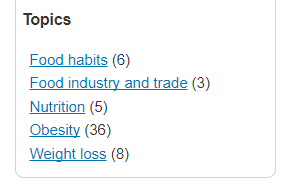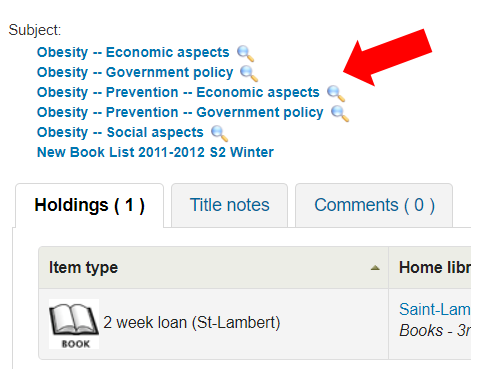Using Subject Headings
Subject headings are used in many databases. They are official terms that have been selected by specialists to describe the content of a document. This results in documents on the same topic being grouped together. You can use them to quickly find items that discuss your topic even when authors are using different terminology.
Example
One author uses the word “academic success” and a second author uses “educational achievement”. By using the subject heading “academic achievement”, you will retrieve both articles.
Make use of the subject headings or subject terms to:
1. Find new aspects to your topic.
By looking through the list of subject headings, you may discover some perspectives you didn’t know existed.
2. Find related documents.
You’ve found a great article and want to find more documents like it? Browse its subject headings.
3. Focus your search to find more relevant documents.
If you’re pulling up a lot of non-related articles with your keywords, use the subject headings to focus your search.



